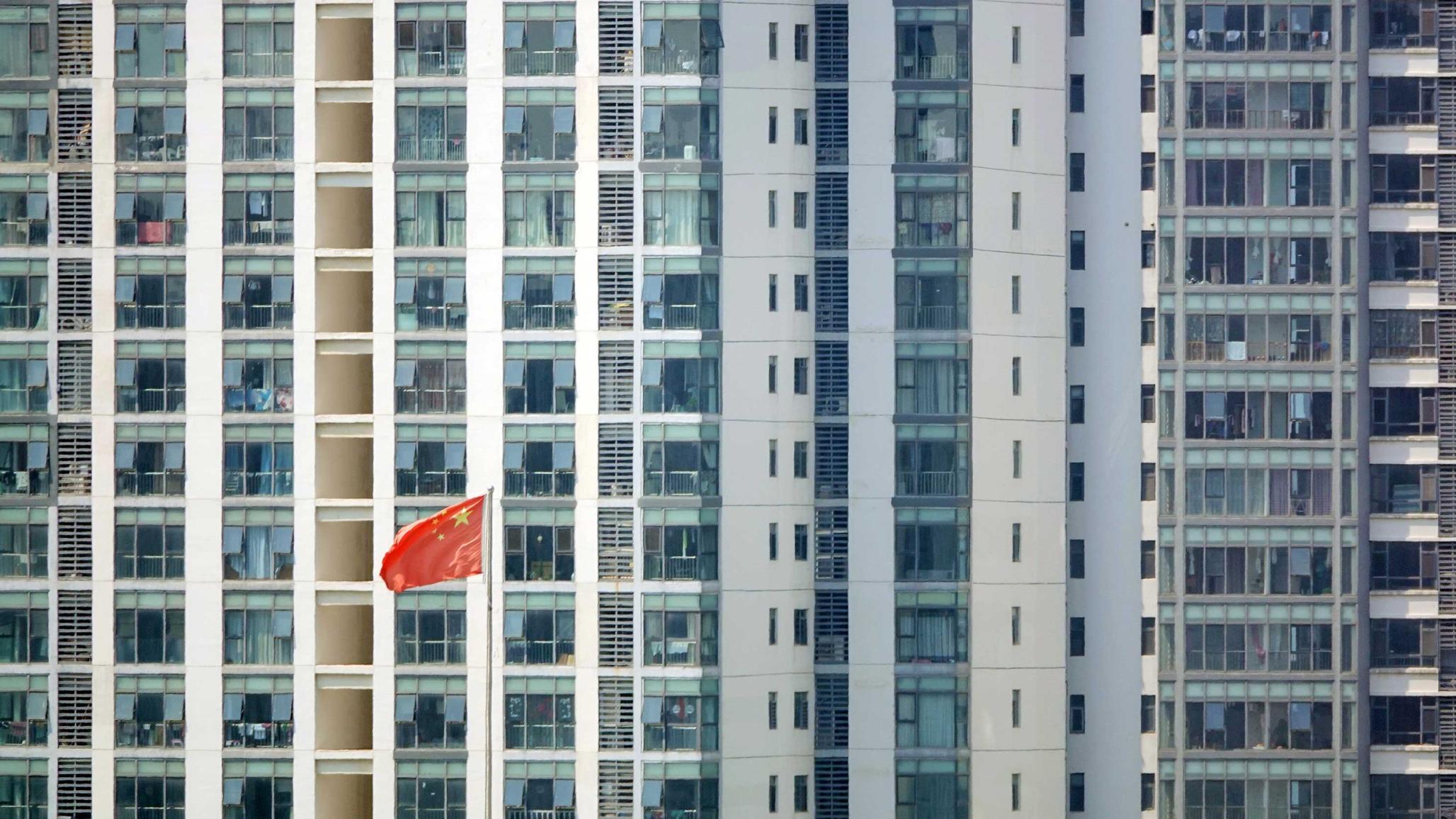China's property crisis has been in the headlines for years, culminating in fresh reports at the end of last year, signaling that over half of listed property developers had either defaulted on their liabilities or restructured their public debts.1 Sales of new residential property in 2023 were at half the pace of 2021. New residential starts fell by a similar amount.
Overlooked in these reports were some favorable developments, reflected in the figure below: In 2023 completions of residential property rose by 17 percent, totaling nearly 725 million square meters, outstripping the pace of new residential starts for the first time ever. If this trend continues, it will help restore confidence in the property market, leading to a more sustainable pace of development.
China's property crisis came squarely into view in mid-2021 when the China Evergrande Group, at the time China's largest property developer, began to default on its liabilities. Other developers soon faced similar challenges.
While these developments were adverse for China's growth in the short run, they weeded out bad risks, a necessary step for a sustainable property market to emerge. At the peak of the 2021 crisis, a large share of the almost 1.5 billion square meters in purchases of residential property were speculative rather than fueled by real demand.
A major challenge to the emergence of a sustainable property market is the completion of properties that have been pre-sold, typically not paid with a deposit or down payment but paid in full in advance.2 Property sales are likely to fall below a sustainable level if potential buyers fear that units they purchase may never be delivered.
Last year was a major turning point for this challenge. While new starts, as noted, were down by half, property investment fell by only a fifth, both compared with 2021. A big part of the explanation is that starting in 2022 a growing share of property investment did not go into new starts but rather went into completing projects started at some point in the past.
These developments should be counted as mostly favorable news for China's economy. Developers have scaled back dramatically on new starts, recognizing that the boom in property is over but are now pouring most of their energies and limited funds into completing pre-sold housing units.
Notes
1. Andrew Batson, "A New Type of Crisis," Ideas, January 19, 2024, Gavekal Dragonomics (available by subscription).
2. Batson, op. cit.
Data Disclosure
This publication does not include a replication package.


